Inflammation and Immunity (PI Mattoscio)
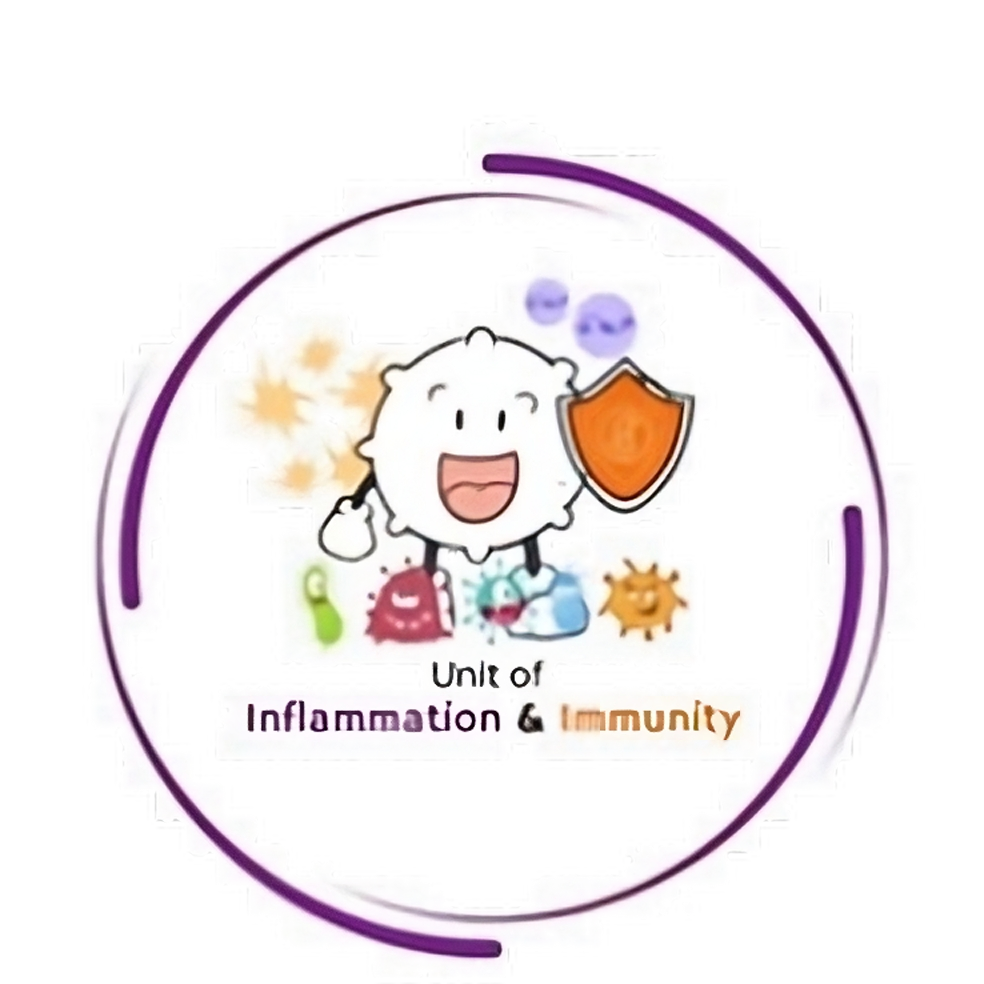 |
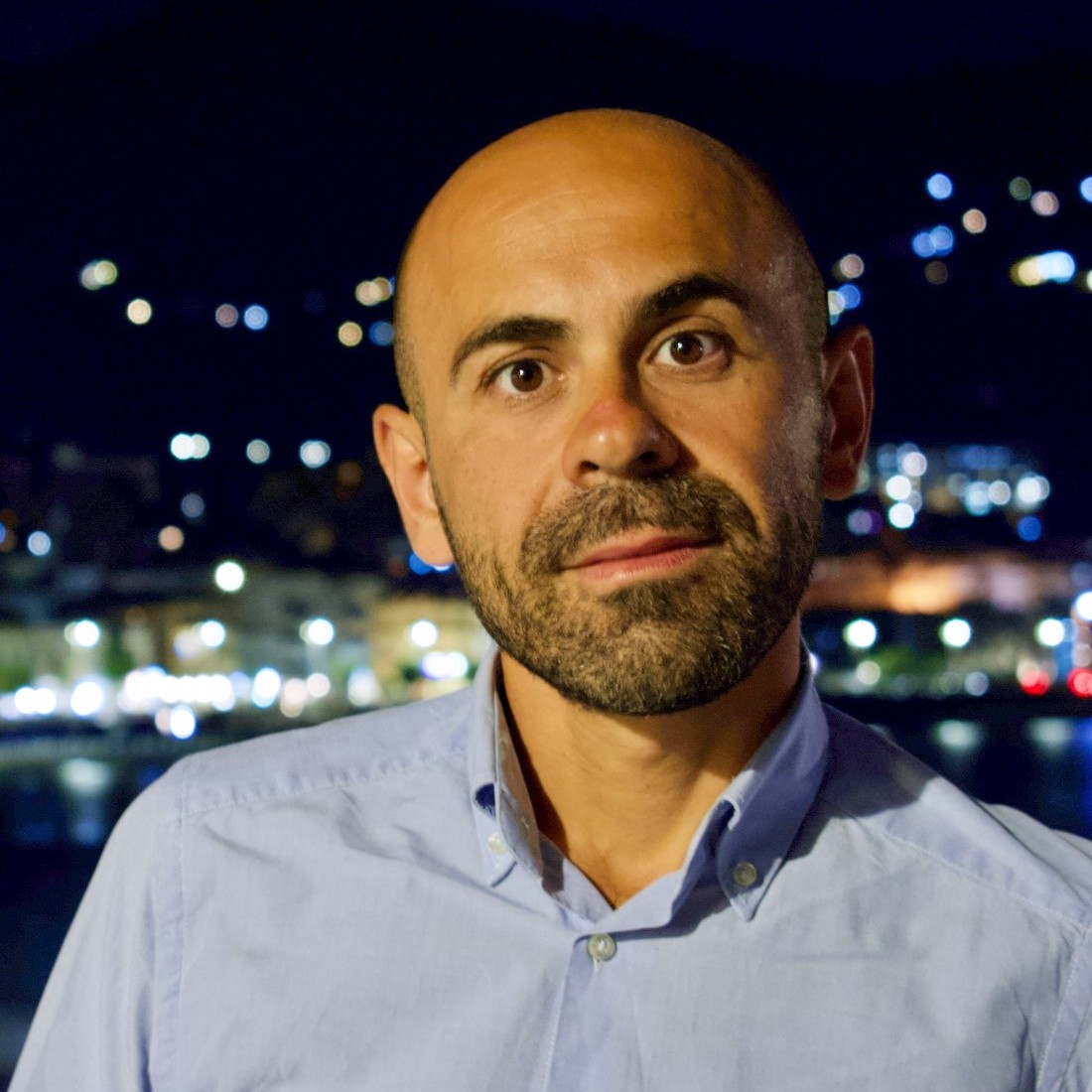 Domenico MattoscioAssistant Professor of Laboratory Medicine |
|
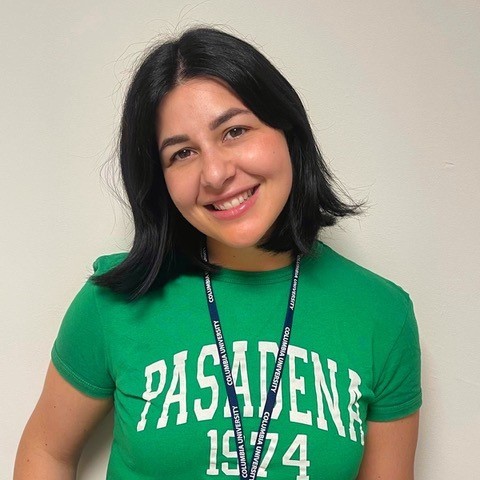 Maria TredicinePost Doc |
 Simona D’OrazioPhD student |
 Nunzia ColettaLaboratory technician Contact |
 Alessia BellasamePhD student Contact |
The overall goal of Dr. Mattoscio’s group is to characterize how immune cell activities are altered in chronic inflammatory diseases such as CF and cancer and to investigate innovative strategies to restore unbalanced immunity. To this end, we are integrating advanced approaches ranging from in vitro to in vivo and patient-derived preclinical disease models, coupled with bulk and single-cell RNA sequencing, multiparametric flow cytometry, and mass spectrometry to dissect how relentless inflammation impacts immunity. A large body of evidence suggests that chronic, non-resolving inflammation supports cancer initiation and progression. However, although epidemiologic studies indicate that anti-inflammatory drugs reduce the incidence and mortality of several cancers, current treatments targeting inflammation are associated with severe side effects due to their broad spectrum of action, limiting their use. Thus, approaches targeting cancer-associated inflammation are still awaited. In addition to providing tumor-promoting signals to cancer cells, relentless inflammation is a major hurdle to overcome for a successful antitumor response because it induces an immunosuppressive tumor microenvironment that hinders anti-cancer immunity. Thus, a detailed characterization of how immune cells are shaped by chronic cancer inflammation will identify primary inflammatory determinants responsible for leukocyte dysfunction in the tumor microenvironment. We aim to exploit these programs to enhance antitumor immunity and to restrict cancer growth.
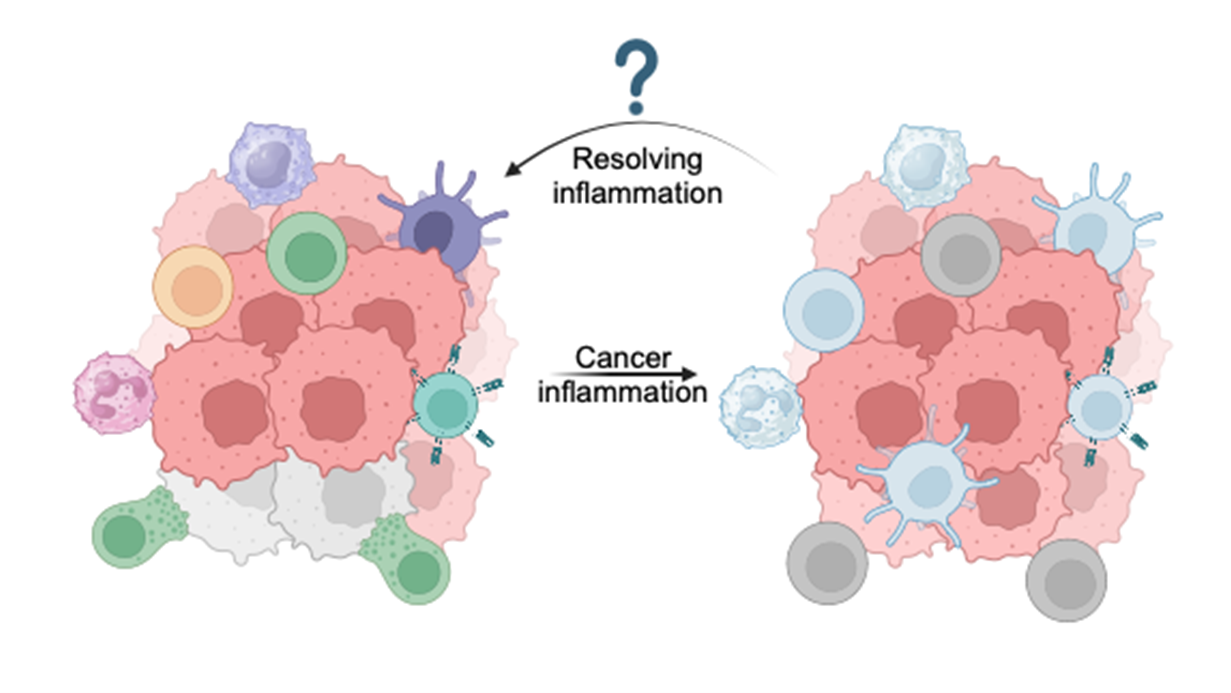
Selected publications:
- Mattoscio D et al, Gene Expression of the D-Series Resolvin Pathway Predicts Activation of Anti-Tumor Immunity and Clinical Outcomes in Head and Neck Cancer, IJMS 2022
- Mattoscio D et al, Resolvin D1 reduces cancer growth stimulating a protective neutrophil-dependent recruitment of anti-tumor monocytes, J Exp Clin Cancer Res 2021
Immune cell dysfunction also significantly affects morbidity and mortality in cystic fibrosis, a genetic disease caused by loss of function of the CFTR protein. Indeed, the absence of functional CFTR disrupts the actions of multiple immune cells, and although highly effective modulator therapies aimed at restoring normal CFTR activity have led to important clinical benefits, other defects are not restored by these treatments. Therefore, the exploration of innovative strategies to re-educate dysfunctional immune cells in CF is urgently needed.
In this context, we are investigating how innate and adaptive cells are shaped by CFTR mutations and how their crosstalk might contribute to perpetuating CF pathology. Our goal is to understand the mechanisms of immune disease to provide innovative targets to restore beneficial physiological responses.
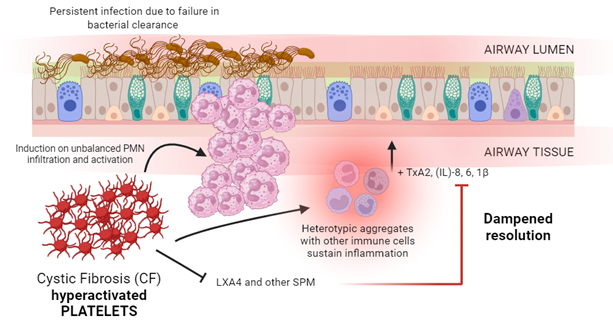
Selected publications:
- Isopi, Mattoscio et al, Resolvin D1 Reduces Lung Infection and Inflammation Activating Resolution in Cystic Fibrosis, Front Immunol 2020
- Mattoscio et al, Cystic fibrosis transmembrane conductance regulator (CFTR) expression in human platelets: impact on mediators and mechanisms of the inflammatory response, FASEB J 2010
Ongoing projects
- Targeting platelet activation with pro-resolving mediators: an innovative strategy to dampen lung inflammation in cystic fibrosis
Funded by The Italian Cystic Fibrosis Foundation
- Resolvins as novel therapeutics to enhance antitumor immunity
Funded by the Italian Association for Cancer Research
- Dissecting the role of leukocyte in cystic fibrosis cancer: how dysfunctional CFTR affects anti-tumor immunity
Funded by the North American Cystic Fibrosis Foundation